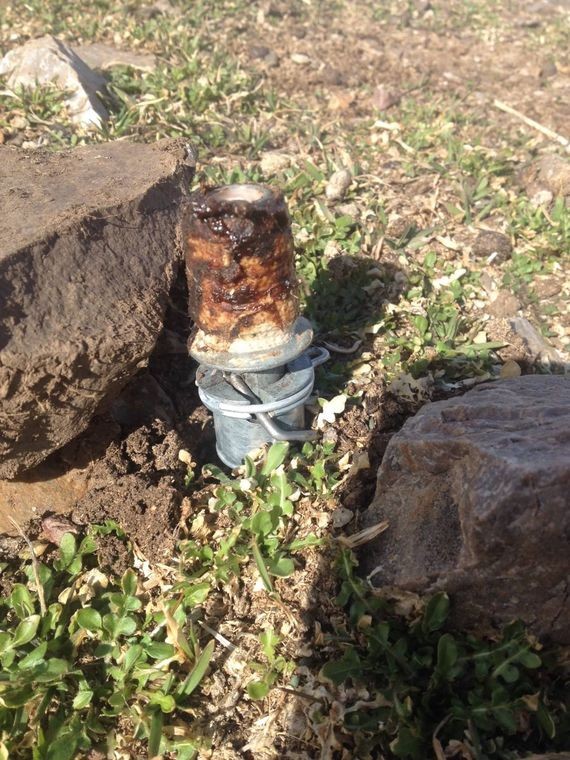The U.S. Department of Agriculture’s Wildlife Services program announced on Monday that it has halted the use of M-44 predator control devices in Idaho. The announcement comes about three weeks after one of these devices injured a Pocatello boy and killed his dog.
Jason Suckow, western regional director of Wildlife Services, said in a letter that the federal agency will stop its use of M-44 devices on all private, state and federal lands in Idaho. Wildlife Services has also removed all of the M-44s currently deployed across the state.
However, the statewide moratorium is not permanent. Suckow’s letter states that Wildlife Services will provide a 30-day notice to conservation groups before placing any new M-44s in Idaho.
“This is an important victory, at least a temporary one, for both wildlife and for public safety across Idaho,” said Erik Molvar, executive director with Western Watersheds Project, in a press release. “We thank Wildlife Services for doing the right thing by removing these deadly and indiscriminate killing devices, and urge them to make the moratorium permanent.”
M-44s, also known as “cyanide bombs,” are spring-activated devices that release deadly sodium cyanide when activated. The USDA uses them to kill wild predators, such as wolves, coyotes and foxes.
Two weeks ago, a petition was filed by 19 conservation and wildlife organizations for an immediate ban on the use of M-44s in Idaho. The petition states that these devices have accidentally killed about 40 pet dogs over the past 20 years.
This petition was filed in response to an incident in Pocatello on March 16 that injured 14-year-old Canyon Mansfield and killed the teen’s dog, a 3-year-old Lab named Casey. Mansfield accidentally triggered an M-44 device that was planted on federal land about 500 yards behind the Mansfields’ property off West Buckskin Road. The USDA has confirmed that the device was planted by one of its employees.
Though the Mansfield family said Monday’s announcement of a statewide moratorium is a welcome first step, they still want to see more done on the federal level.
Recently, the Mansfields started a petition of their own on the White House’s petition website calling for new legislation they have named Canyon’s Law. It would permanently ban the use of M-44 cyanide devices across the United States. As of Monday evening, approximately 4,430 people have signed the petition.
The family noted that Canyon’s Law isn’t about punishing ranchers or farmers. Instead, it’s about ensuring that wild predator control is done humanely and precisely so people or pets are not inadvertently injured or killed.
“We believe the use of these devices is too indiscriminate and imprecise,” said Mark Mansfield, Canyon’s father and a local physician. “The ban in Idaho is an exciting first step. But we don’t want Wildlife Services to issue a temporary ban and then reinstate M-44 use once everything has blown over. That’s why we need a federal law like Canyon’s Law.”
The Mansfields have already spoken with U.S. Rep. Mike Simpson’s office to push for a federal ban, and they plan on meeting with legislators in Washington, D.C., over the next few months.
After Canyon was injured by the M-44 on March 16, he was transported to the Portneuf Medical Center in Pocatello for treatment. He was released a few hours later. But since the incident, Canyon has suffered frequent headaches, which the Mansfields have been told is a side effect of exposure to sodium cyanide.
The Mansfield family’s petition can be found at http://tinyurl.com/n7994sv.



